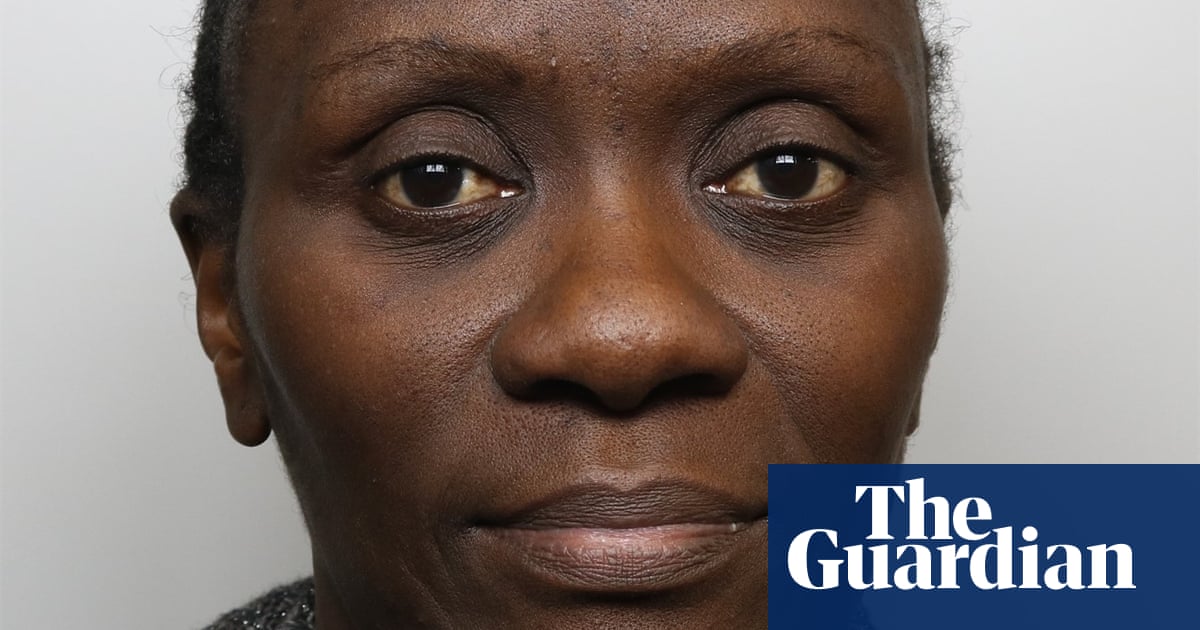A UN judge has been jailed for six years and four months after forcing a young woman to work as a slave in the UK.
Lydia Mugambe, 50, was found to have taken advantage of her status in relation to the Ugandan woman in the “most egregious way” while Mugambe studied for a PhD in law at the University of Oxford.
Mugambe was found guilty in March of conspiring to facilitate the commission of a breach of UK immigration law, facilitating travel with a view to exploitation, forcing someone to work, and conspiracy to intimidate a witness after a trial.
Mugambe, who is also a high court judge in Uganda, stopped the woman holding down steady employment and forced her to work as her maid and provide childcare, prosecutors said.
Judge Foxton, sentencing Mugambe at Oxford crown court on Friday, said it was a “very sad case”, outlining Mugambe’s legal accomplishments including work concerning the protection of human rights.
Foxton said the defendant “showed absolutely no remorse” for her conduct and that she had looked to “forcibly blame” the victim for what happened.
He gave Mugambe a restraining order with terms saying she cannot directly or indirectly contact the victim.
In a written statement read to the court by the prosecutor Caroline Haughey KC, the victim described living in “almost constant fear” due to Mugambe’s powerful standing in Uganda.
The young woman, who cannot be named for legal reasons, said she could not go back to Uganda due to concerns of what could happen to her, and said she may never see her mother again.
Haughey said Mugambe exploited her victim by taking advantage of the woman’s lack of knowledge about employment rights and misleading her about why she came to the UK.
The prosecutor said on Friday there was a “clear and significant imbalance of power within the relationship” between Mugambe and her victim.
Haughey told the court that the victim had been granted asylum in the UK on the basis that she had a well-founded fear of persecution in Uganda.
Paul Raudnitz KC, defending, spoke of Mugambe’s “glittering legal career” and told of the great support she had received since her conviction.
A small crowd held placards and chanted “Justice for Lydia Mugambe” outside the court before the hearing took place.
Raudnitz also said Mugambe had resigned as a UN judge.
According to her profile on the UN website, Mugambe was appointed to the body’s judicial roster in May 2023, three months after police were called to her address in Oxfordshire.
